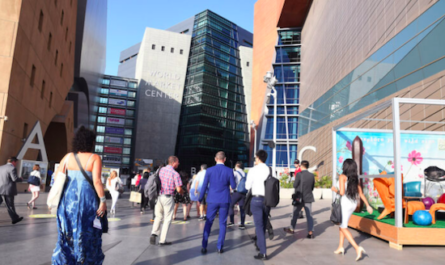Newly formed Peachtree Works is resuming operations in 3 interconnected facilities with more than 400,000 square feet of production space
CANDOR, N.C. — In a decisive move that underscores a renewed commitment to American craftsmanship and job creation, Braxton Culler, a Classic Home company, announced the restart of operations at a former Klaussner Furniture manufacturing facility in Candor, North Carolina. Operations are due to commence under the newly formed Peachtree Works in the very near future.
Located on almost 70 acres in Candor, the three interconnected facilities contain over 400,000 square feet of manufacturing space. Peachtree Works will strategically expand with the vision of breathing additional life into North Carolina’s storied furniture industry.
While two of the sites are currently being prepped for future production, one of the facilities is ready to go — fully equipped with 17 operational CNC routers, tools and materials necessary to begin producing wood frames for upholstery as well as OEM components for products outside of home furnishings. Operations are scheduled to begin by Nov. 1, marking a rapid and symbolic restart for American-made furniture.
“This investment represents more than just growth for our company,” said Harpal Singh — founder and CEO of Classic Home, which also owns Braxton Culler and Peachtree Works. “It’s a vote of confidence in the American manufacturing workforce and a belief that craftsmanship still matters. And, given the uncertainty of tariffs, it’s very timely.”
Donnie Lesley, president of Braxton Culler, emphasized the speed and spirit of the relaunch: “We’re bringing the facility back online, fast. The machinery, the materials and the craftsmanship are already here — all that was missing was a renewed commitment. Now, in just days, we’ll be building frames and upholstery again, right here in North Carolina.”
“When you invest in American manufacturing, you’re not just building furniture — you’re creating stability, opportunity and pride,” said Lesley. “These plants will put people back to work and reaffirm that ‘made in the USA’ is very meaningful.”




